As we head into winter amid a cost of living crisis, many of us will be thinking of ways to tighten our belts and cut spending, perhaps by staying in more and foregoing trips to the pub. Businesses across the hospitality industry are experiencing similar challenges, as they face soaring costs and feel the pinch of consumers’ shrinking budgets.
One such business is co-operative pub the Bevy, in Brighton. The pub’s chair, Warren Carter, explains some of the difficulties it has been facing due to increased costs and lower footfall.
“We’re always looking at cutting costs,” he says. “But our biggest cost is wages and we’re a Brighton Living Wage employer, so people get over 10 quid an hour to work with us. Instead, we’ve had to cut down on hours. On Saturdays, we don’t open until 3pm now unless there’s an Albion game, just because it was so quiet.
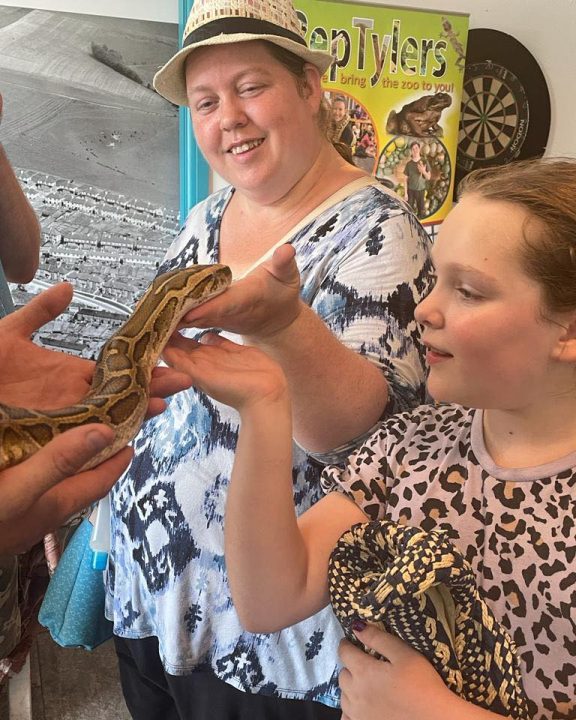
“We’re talking about just closing totally on a Monday now, having no groups or anything. Just try not to open the door, try not to put on lights.”
The Bevy recently released an online statement addressing the cost of living crisis, but the focus was less on the problems it faces as a business, and more on what it is offering its community, from lunch clubs and school uniform repair to free kids’ activities. Despite the immense challenges the Bevy is facing, it does have one ace up its sleeve that it is leveraging for the good of its business and its customers: its status as a community-owned pub.
“It’s very worrying, but on the flip side, I think we’re lucky because we are community-based,” says Carter. It was bought by local residents in 2014 after four years of closure, and ever since has acted as a hub for the benefit of the community. “Basically we’re a community centre where you can have beers.”
During the summer holidays, the Bevy hosted a series of free kids’ events with activities and free food and drink for the children. Carter describes that kind of work as “part of our DNA”, which provides a win-win for the Bevy and its customers. The pub is able to access funding to run community events, which benefits locals, as well as increasing footfall in the pub.
Related: Stronger community rights ‘could boost urban co-op pub sector’
“We know we need to offer this so people can afford to come to the pub,” says Carter. “We’ll get grants to do free holiday stuff and free kids’ parties and things.
“Rather than a day out being £40 or £50 with a load of children, you could either come and spend nothing, or you can go, ‘You know what, I can actually afford to have a couple of beers. My children are having a nice time.’”
As well as events, the Bevy has been looking at creative ways they can make it easier for cash-strapped punters to enjoy a drink with them, including changing its beer supplier to enable them to offer a £4 pint.
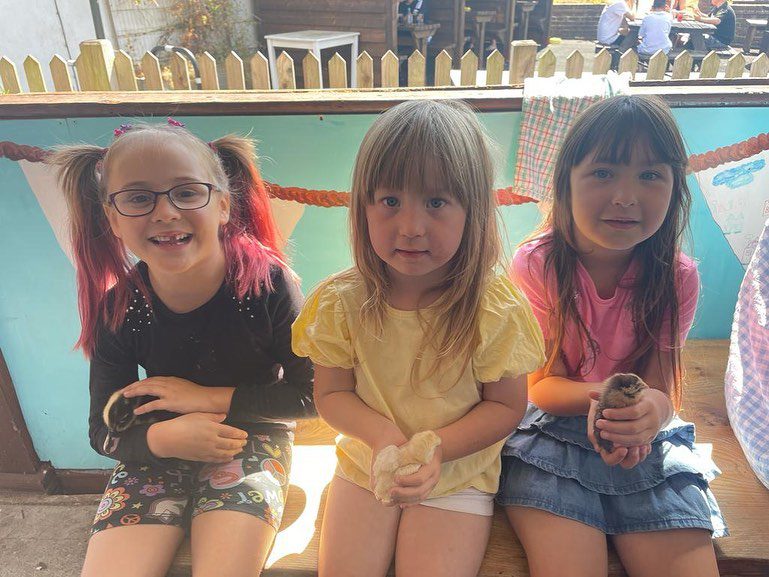
The Bevy also embraces partnership work with other aligned organisations, such as East Brighton Food Co-op, which delivers meals to vulnerable people in the area, and who are moving into the Bevy’s kitchen to work together.
Carter explains that this kind of co-operation has been part of the way the Bevy has worked from the start, and has been a way it naturally responds to crises – with the pandemic being the last example.
Related: The Bevy pub serves up co-op ideas on a Brighton estate
“Covid was just another thing that we could rally around. We went to a meeting that was called three days before lockdown. There were 20 organisations there from local churches, food banks, community gardens, the local secondary school and the local primary school. All of us got together and went, ‘How are we going to tackle this?’
“I think that’s the key, the Bevy doesn’t stand alone. We work with everyone to support people.
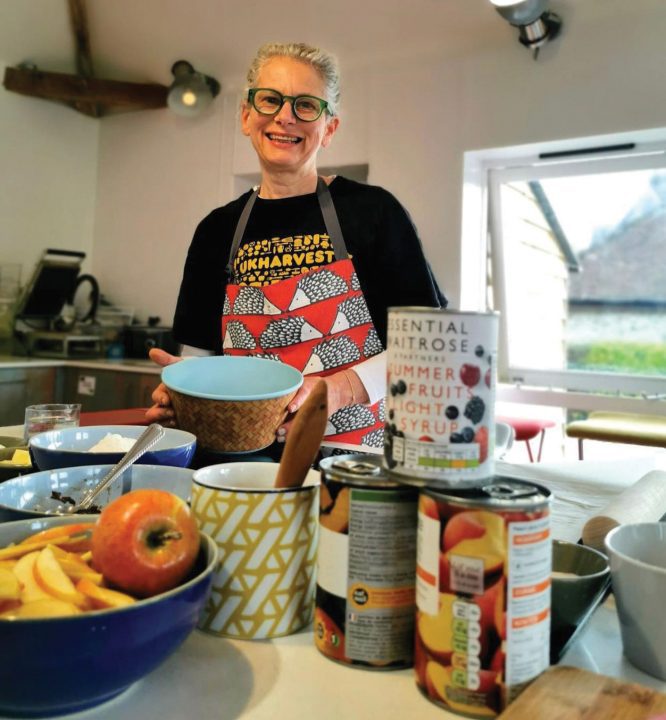
“The East Brighton Food Co-op was a total example of that. We thought: ‘We’ve both got the same ethos. We can’t make our kitchen work, you’re delivering 900 meals and need a kitchen space – you move in with us and we’ll partner.’”
When it comes to the Bevy’s customers, Warren explains that not all of them have been affected by rising costs in the same way, but the Bevy’s aim is to be a place where everyone can come and join in.
“A lot of our regulars are builders and stuff like that, and they’ve not really been clobbered. It’s the people who only come occasionally, who can’t usually afford to go out that we think, that’s not fair.”
The Bevy sits on a housing estate in Moulsecoomb and Bevendean, a neighbourhood with high levels of economic deprivation. Carter points out that, with many children at the local school receiving free school meals, family visits to the local pub can easily become an unaffordable luxury.
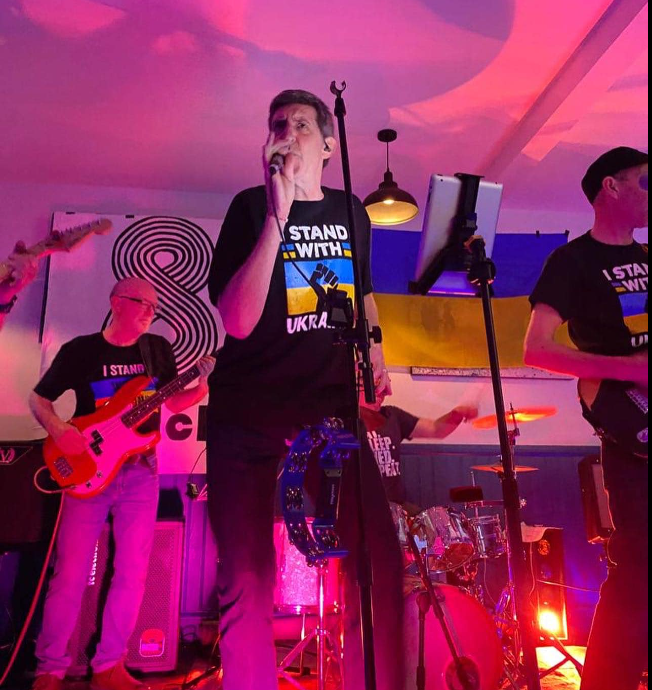
“We’re always thinking of ways to not just make money but to make sure that people can enjoy life, you know that crazy thing – where you’re not just working, coming home, paying bills, then going back to work. We’re the sixth- richest nation in the world – that’s not how people should be living. And unfortunately, we’re ruled by people who have no idea what it’s like to be skint.”
Though it tends to stay out of party politics, the Bevy’s co-op model is, by its nature, political, says Carter. “We’ve always tried to stay apolitical. And, to me, that just seems right, you know, but also I think we are political by being a co-operative pub. No one was going to help, no one was going to reopen that boozer. It was closed for reasons and different people looked at it and thought, ‘We can’t make money out of this’. So to me, getting off your ass and making a difference in your community is political.”
Beyond the immediate crisis that the Bevy and its community are facing, the bigger issue, Carter points out, is that it is still the only co-operative pub on a housing estate.
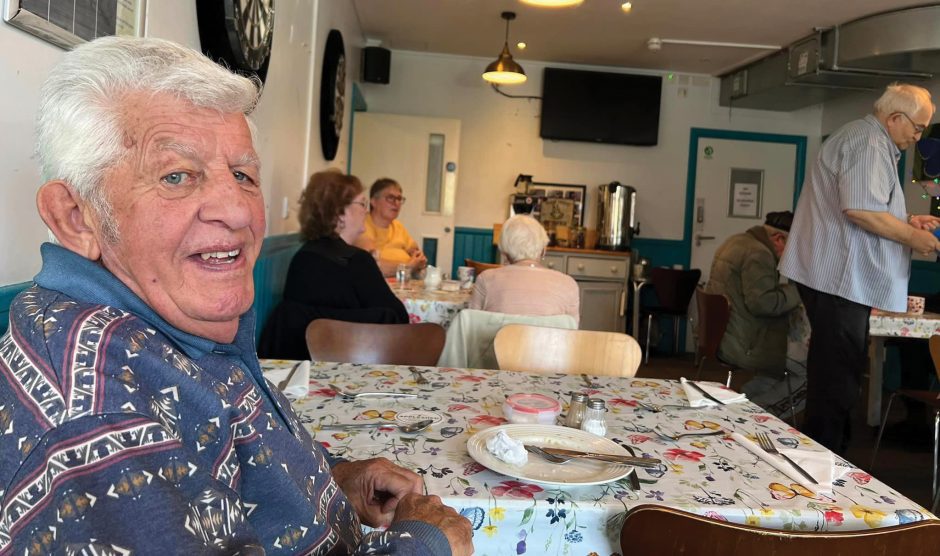
“Most community pubs are in posh villages and stuff like that. There’s nothing wrong with that, but there have been millions pumped into that and actually, it’s so hard in working-class areas to get things like this off the ground because of the lack of capital to start them and then to keep them running.”
As a pub that was born out of adversity, the rising cost of living is seen by the Bevy as “just another thing for us to deal with”.
“We’ve always struggled as a pub to make ends meet, which is sort of why our ethos from the beginning was to be more than a pub, to be like a community centre pub,” says Carter. “So it will be a struggle for us. But it’s always a struggle for us.”

